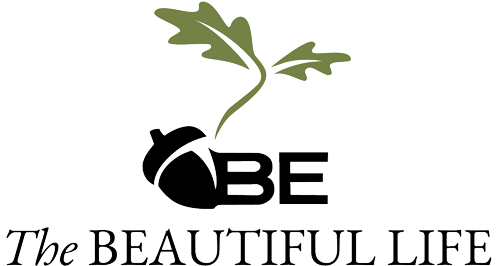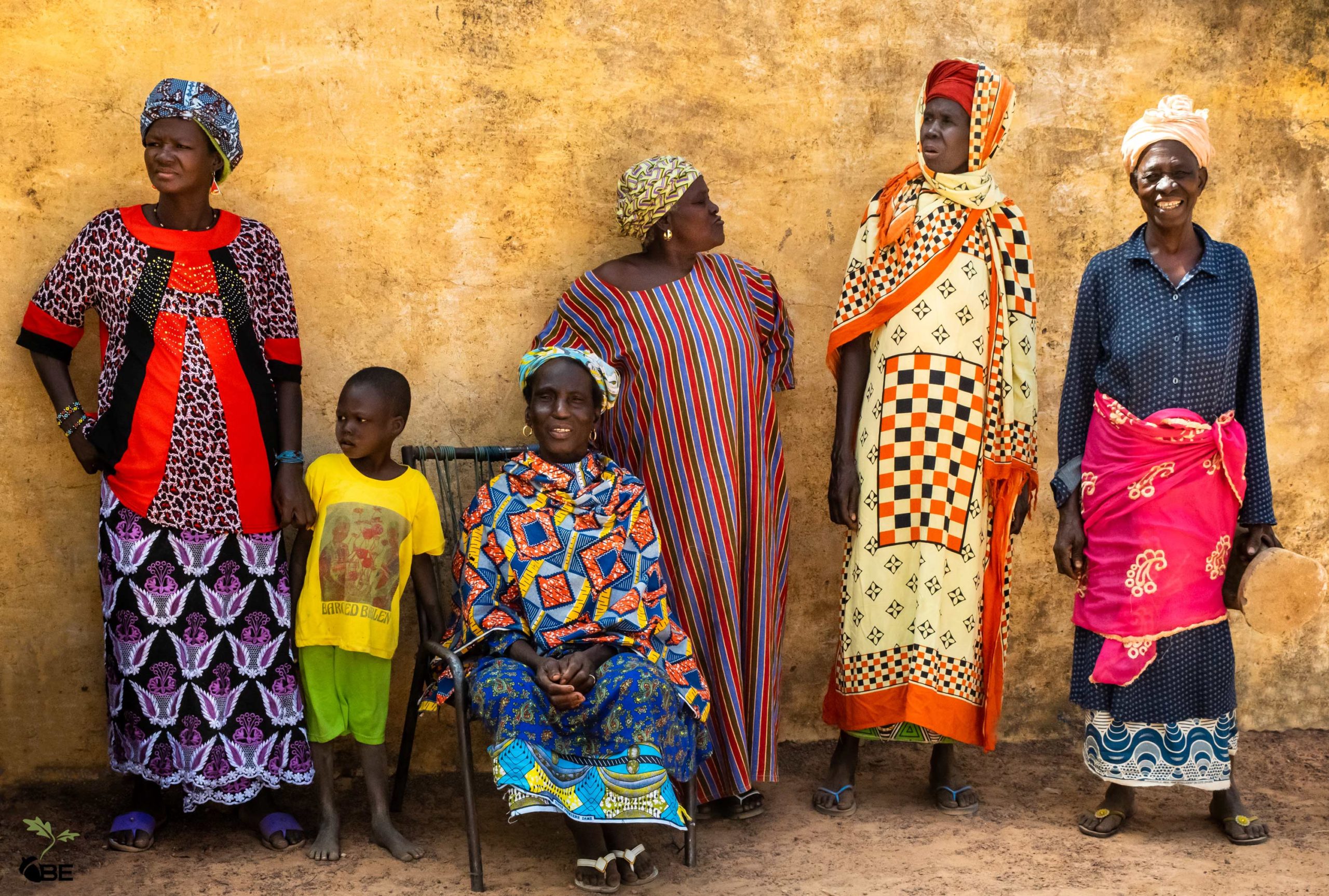
“In every community, there is work to be done.
In every nation, there are wounds to heal.
In every heart, there is the power to do it.”
– Marianne Williamson
Common Unity
In general, the concept of community infers a group of individuals who live together in a specific location. We may mention “my neighborhood” or “the school community” or “the church community” in conversation to offer a reference point for others to understand our belonging to certain groups or areas defined by a geographical space or membership.
However, I wish to convey a deeper meaning of community beyond the obvious default meaning:
A community may also be a profound connection between individuals who come together with common attitudes and identities beyond pre-determined physical, political, and economic boundaries.
To me a community is a group of individuals connected to each other by one or more attributes. The element that links them together is at the core and is the essence of the group. Just as denoted by the root and the suffix of the word (common-unity), a certain segment of the population is united by a familiar thread… As human beings, we need a sense of belonging, and that sense of belonging is what connects us to the many relationships we develop.
I am a human being who has a concept of familial and other relationships that create my familiar threads of belonging. I am an American citizen with a notion toward national and patriotic idealism. Having a degree in the humanities (or as I like to tease, in everything), I am a cultural traveler who is forever influenced and changed by the communities into which I have been drawn without geographical and membership boundaries. In all the communities to which I belong, I am defined by the ownership I share with individuals throughout the world.

Owning Relationships
Ownership? How do I “own” my relationship with others in any community?
Again, we must look beyond the obvious definition of I own my home; so, therefore, I am immediately accepted into a geographical community. Ownership can also mean taking responsibility to impart my life in my relationships with others as well as to gratefully cherish and protect that which trustingly they impart to me.
We ask ourselves these questions:
What do I contribute to any of my relationships and are my contributions meaningful?
Do I purposefully and emotionally participate in the service, care, and wellbeing of others?
Do I nurture and nourish human relationships through my attitude, speech, and behavior?
Do I own my place among the individuals who welcome me into a community?
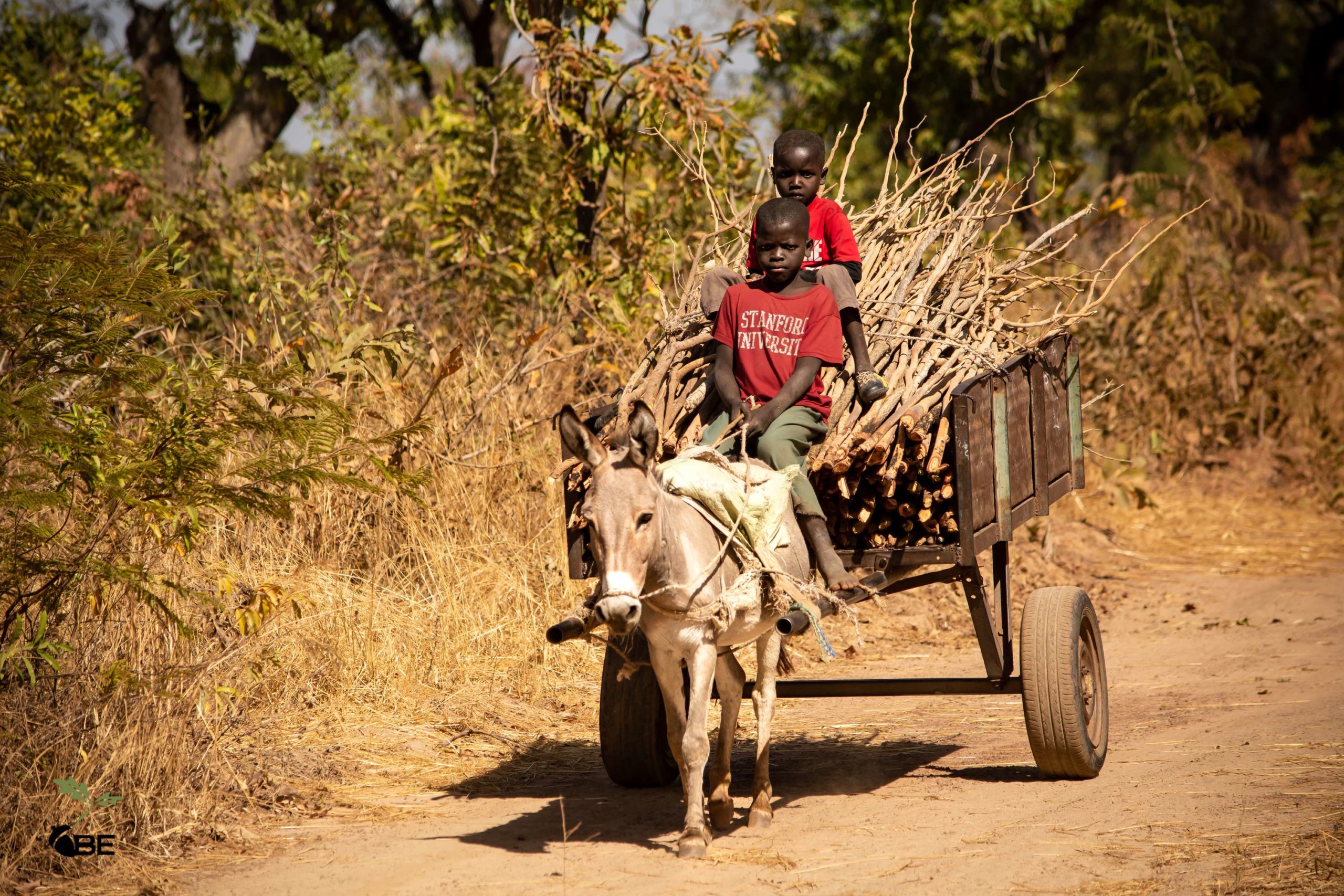
Community Awareness
As the executive director of the nonprofit organization Help Nurtures Hope, Inc., serving Siem Reap and remote areas of Cambodia, and as a board member with the nonprofit organization Ouelessebougou Alliance, serving 25 villages in southern Mali, Africa, my involvement with these countries has permeated my heart with a new understanding of what community is and how and where I belong within its parameters.
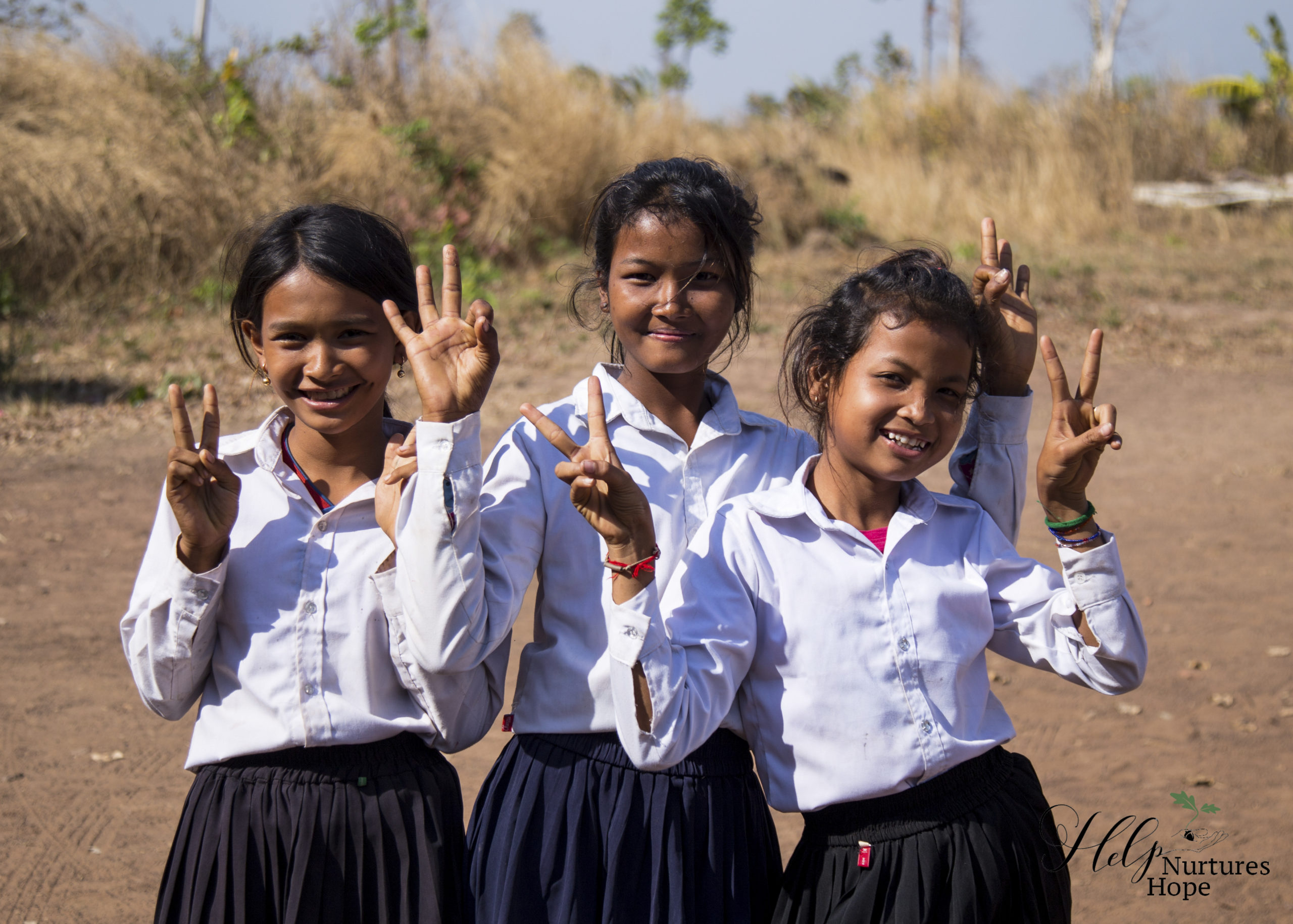
In these two specific countries, it is not sustainable or acceptable enough to descend with my biased takeover ideas, strategies, and projects.

I appreciate this Spectrum of the Degrees of Intercultural Awareness:
- My Way Is the Only Way – People either do not know or do not care that there is any other way of doing things. You can see this in small children, who are often stunned when they hear people talking another language because it has never occurred to them before that anyone might not be the same as them.
- My Way Is the Best Way– At this level, people are aware that other people do things differently or have different beliefs, but they don’t think that’s appropriate. Their way is not the only way, but it is unmistakably the best. We could call this world view the ‘colonial’ approach: we will show you how to do it our way because it is the best thing for you.
- There Are Several Ways: My Way and Others – People have a clear understanding that there are other world views and that different people behave and believe differently. They make no judgment about the relative merits of these views as a whole but recognize that different cultures and views may have different merits. They are willing to bring together the good from several different aspects in a synergistic way.
- Our Way – This final stage brings people together to create a new, shared culture, which has new meaning for everyone.
Adapted from Skills You Need: Intercultural Awareness
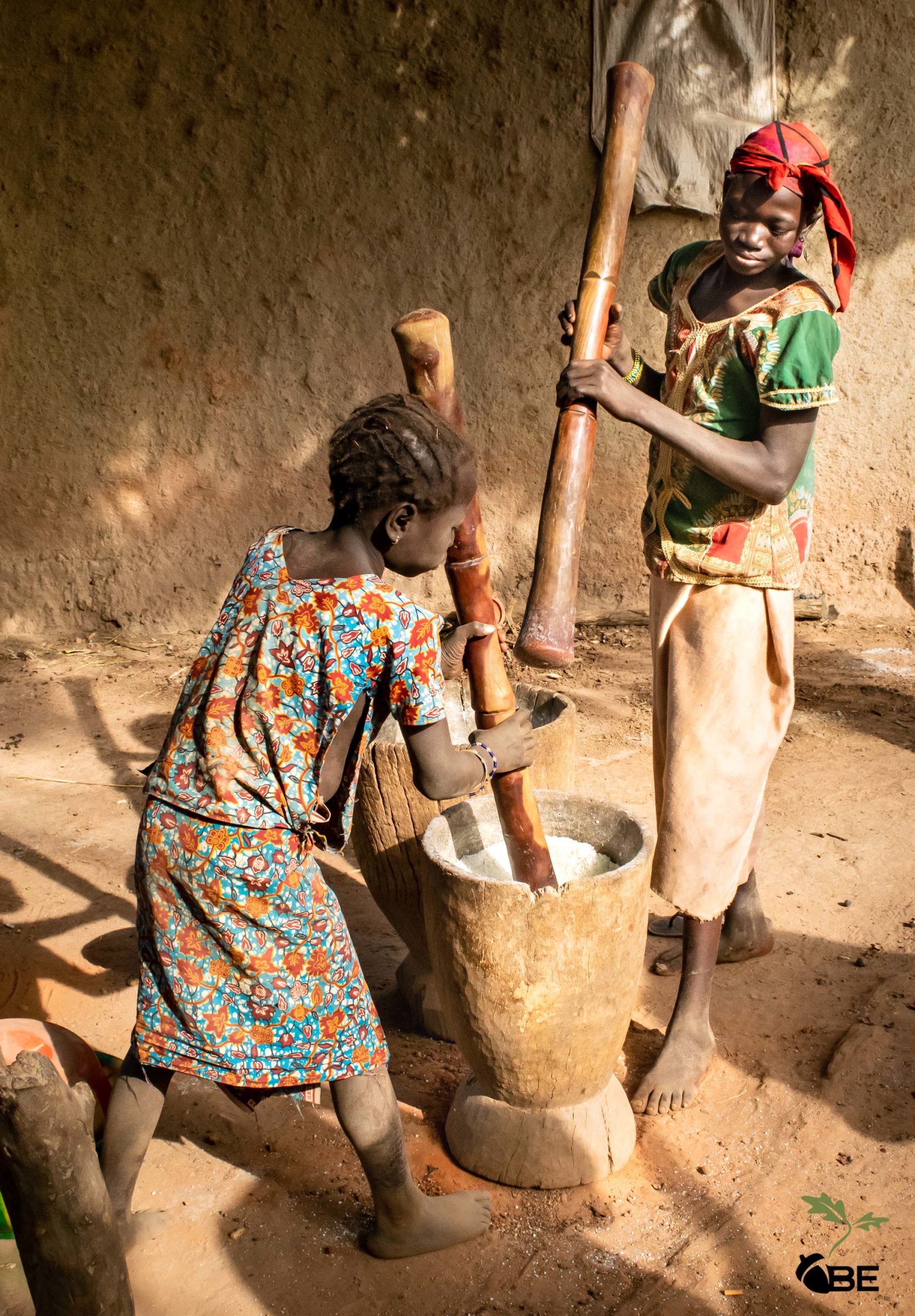
Amazingly, this spectrum applies to our relationships with the defined communities as well as those we are defining. It is just as important to be aware and inclusive of our literal geographical neighbor as it is to be interculturally aware and inclusive. Awareness, or emotional intelligence, is a vital quality for respect, appreciation, and involvement in any community.
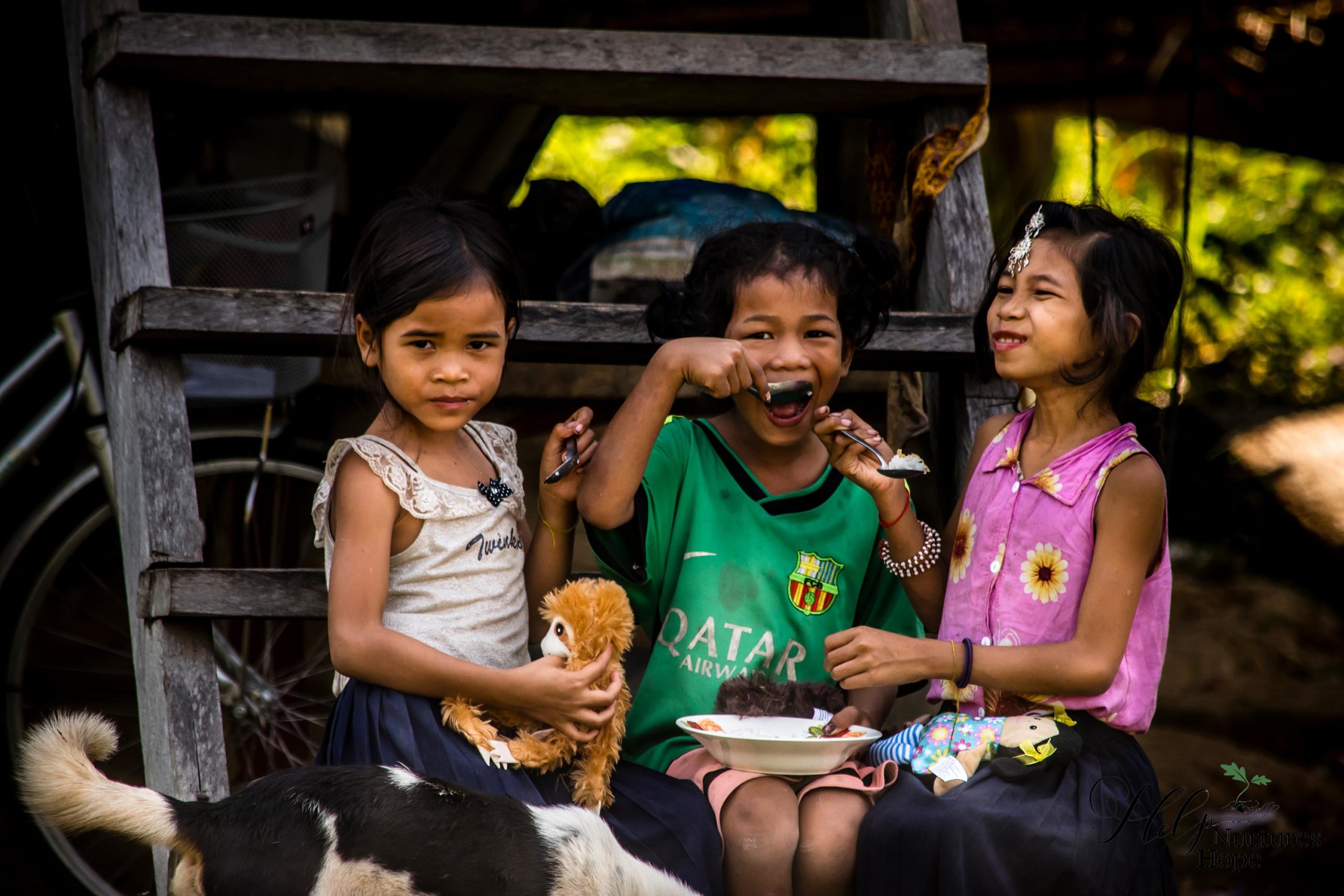
When we go to serve Cambodia and Mali, we visit and observe the established communities, the people in their everyday lives, the reliant work and education, and the sustainable needs they perceive to promote their developing environment—which is more real to them than an entire country at large. We listen to their needs to learn how we can partner with them in their proposed solutions. We bring our ideas; they offer theirs. As the Ouelessebougou Alliance’s motto states: Together we lift each other.
Communities include each other, work together, eat together, celebrate together, and care for one another that they may lift one another. We must see with new perspective individuals as human beings and feel with our hearts the desire to build inclusive relationships. Only in our awareness and willingness to share empathy do we truly lift in our relationships and communities.
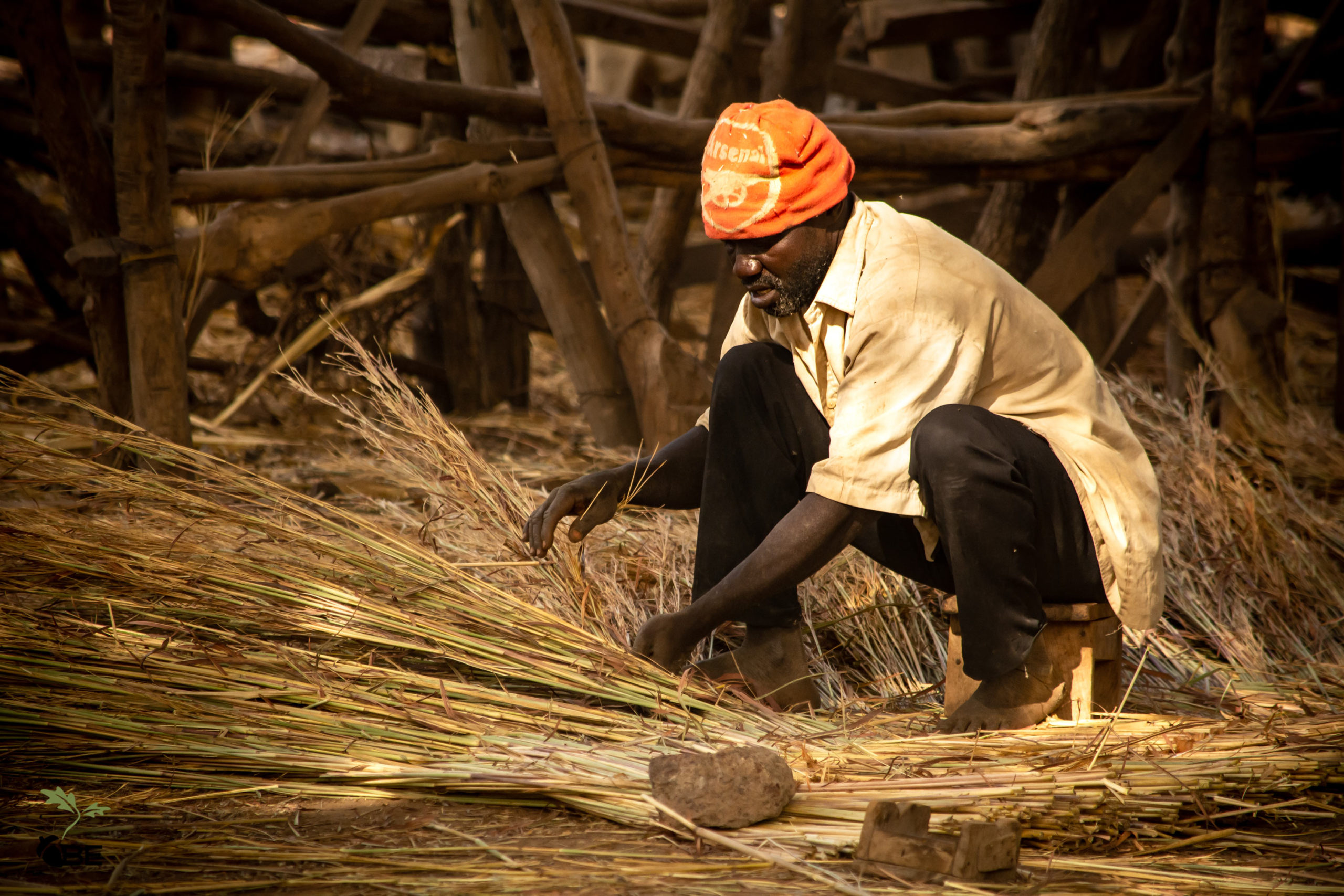
…community is about finding each other and a place we can call home. But we are also compelled to build community not only because we are survivors in an existing world order but because we bring differences to a society that erases our differences. By dealing with differences we confront the question of the social and economic foundations of our society. By building community we put some order in the fragmented world.
Understanding community is realizing that everywhere we travel, the individuals of this world—from the American friend sharing her baked goods with me to the Cambodian rice farmer teaching me the skill of planting rice to the Malian woman offering me to join her in spinning cotton into thread—have introduced me to life-changing concepts of living in common unity.
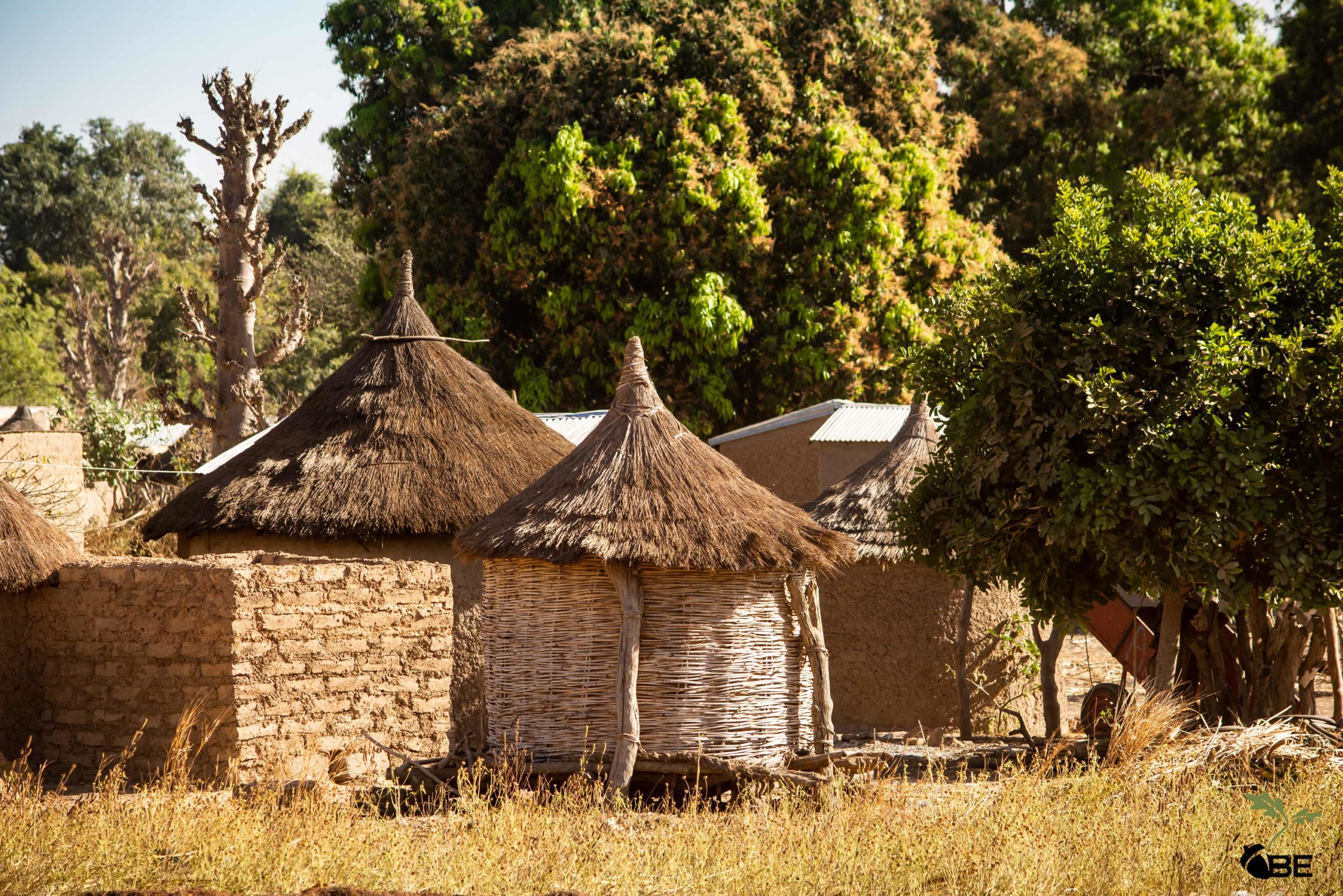
by Robyn J. Mock

©Be the Beautiful Life All Rights Reserved
